Entry Type: Person - Starting with B
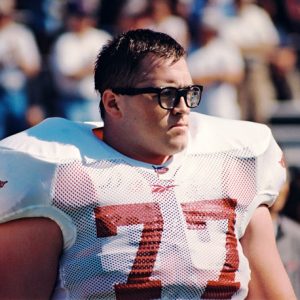 Brandon Burlsworth
Brandon Burlsworth
Burns, Billy Don
Burns, Bob
aka: Robin Burn
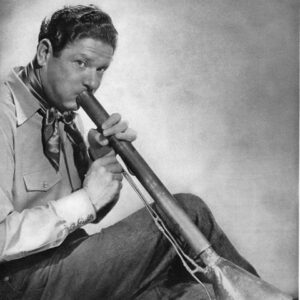 Bob Burns with Bazooka
Bob Burns with Bazooka
Burr, Edward Everett
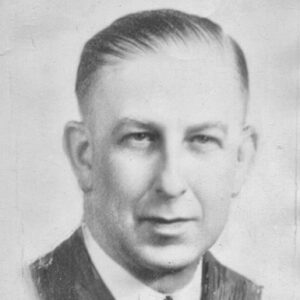 Everett Burr
Everett Burr
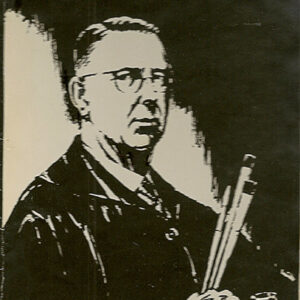 Everett Burr Self-Portrait
Everett Burr Self-Portrait
Burris, Sidney
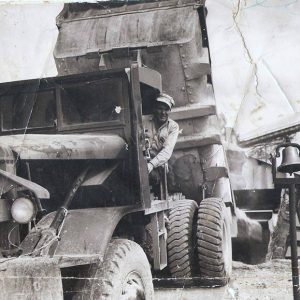 Olen Burrow
Olen Burrow
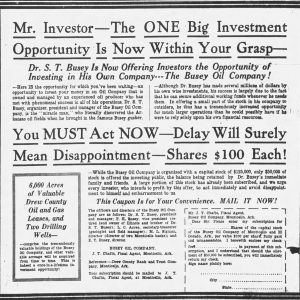 Busey Oil Ad
Busey Oil Ad
Busey, Samuel Thompson
Bush, John
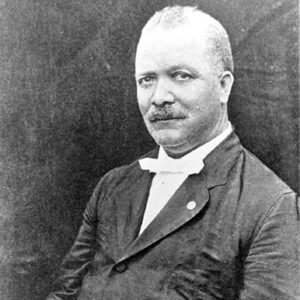 John Bush
John Bush
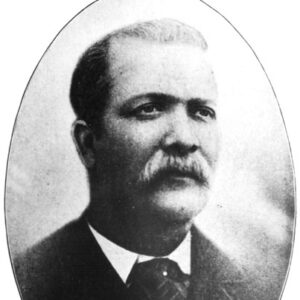 John Bush
John Bush
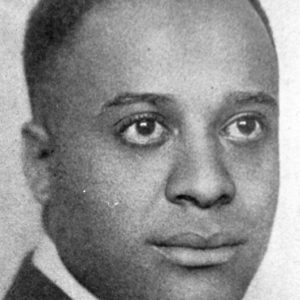 A. E. Bush
A. E. Bush
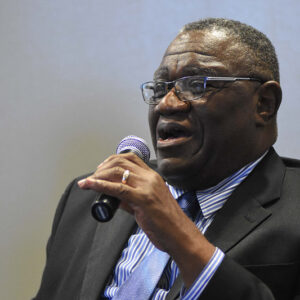 Robbie Bush
Robbie Bush
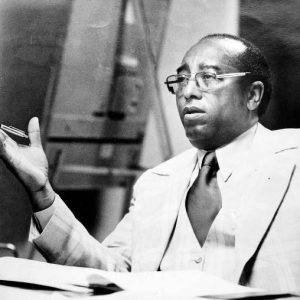 Charles Bussey
Charles Bussey
Bussey, Charles E., Jr.
Bussey, Cyrus
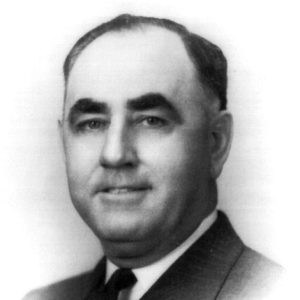 Ben Butler
Ben Butler
Butler, Ben F.
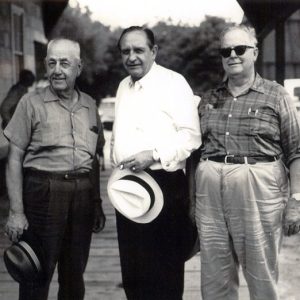 Ben Butler with Orval Faubus
Ben Butler with Orval Faubus
Butler, Bobby “El Charro Negro”
Butler, Jack
aka: Jack Armand Butler Jr.
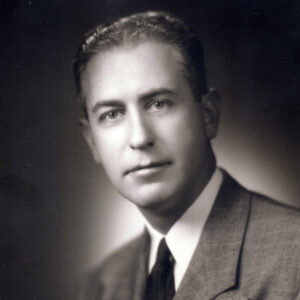 Dick Butler
Dick Butler
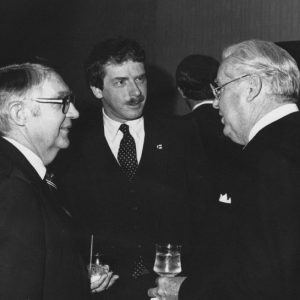 Richard Butler
Richard Butler
Butler, Richard Colburn III
Butler, Richard Colburn, Sr.
Butler, Turner
Butt, Festus Orestes
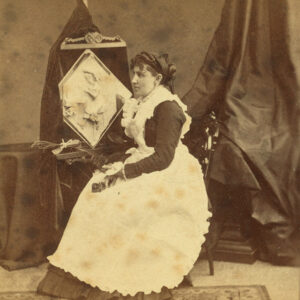 Butter Sculpture
Butter Sculpture
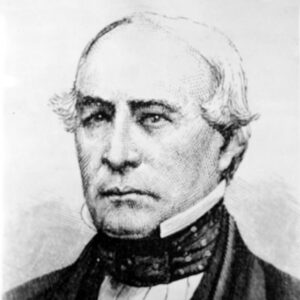 John Butterfield
John Butterfield
Bynum, Preston Conrad
Byrd, Conley F
Byrd, Henry
Byrne, Andrew
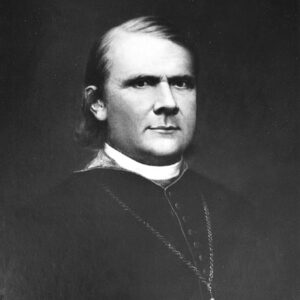 Andrew Byrne
Andrew Byrne




